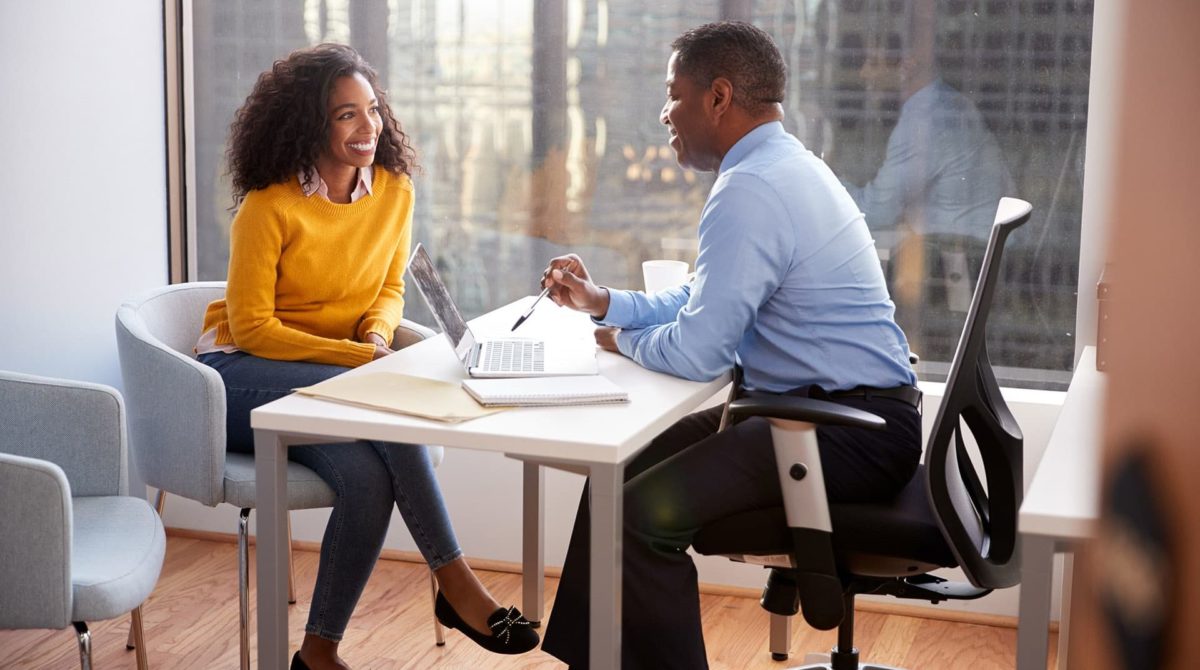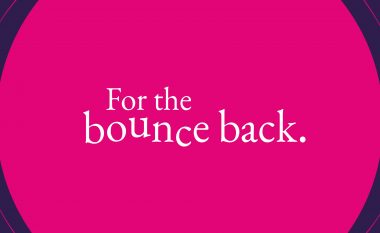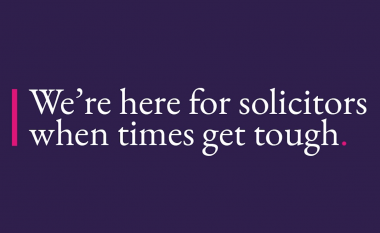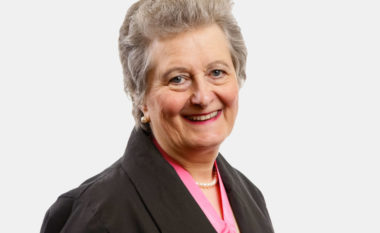Guest Blog
Umar Kankiya on the impact of COVID-19 on the legal profession, Black Lives Matter and representation within the legal sector
Our own recent research has indicated that solicitors from a BAME background are more likely to be impacted by COVID 19, we will be publishing this research very soon.

Umar Kankiya is a Mental Health and Mental Capacity solicitor with over 10 years’ experience in these fields and has been a qualified solicitor for the last eight years. As part of our ongoing listening project and research in the legal profession, The Solicitors’ Charity asked Umar to share his own view on how the last six months have gone. In this special guest feature, he talks about the impact of COVID-19 on the profession, Black Lives Matter and representation within the legal sector.
It’s 31 December 2019, the clock hits midnight and we see in the New Year, 2020, full of new hopes, dreams and aspirations. The start of a new decade, 20 years into the 21st century, an apt year for new visions.
Little did we know however, that a virus called COVID-19 was about to change the way we look and do things.
The talk at the start of the year was about Brexit, how things will be new and different in a year to come, but suddenly this virus we had heard of in passing, was roaring across the world with a vengeance. I remember 20 March 2020. It was my 35th birthday but also the last day that my daughter would be at school for almost six months.
COVID-19 has had a devastating impact on our lives and perceptions of mortality. COVID-19 has had a knock-on effect on our working lives and economy. Suddenly solicitor firms were being forced to close their door and we couldn’t see our clients face to face. Everything was thrown into a huge tailspin, people were being furloughed, or being made redundant and at the time. Not only were people having to contend with the physical and emotional toll of COVID- 19, but also the financial toll too.
As someone who specialises in mental health, I’m an advocate for those who are detained under section of the Mental Health Act 1983 (as amended by the 2007 Act). If a person is detained, I would go and see them at the hospital where they are detained and advise them and subsequently represent them at Mental Health Tribunals. Suddenly with COVID-19 and the lockdown being imposed, it meant not being able to go to hospitals to see clients face to face. Having to find a new way of doing things. The Ministry of Justice also suddenly had to find ways of doing things.
How will Mental Health hearings be conducted? How will court cases be conducted with social distancing in place? All of these were questions that were being asked and thus new solutions have had to be created.
Speaking from a mental health perspective, the new way of doing things has been to speak to clients by telephone or video link. Mental Health Tribunals are now conducted by video link, meaning that the panel and myself are often speaking and meeting from our homes. Anecdotally, we know that the Ministry of Justice has had huge savings as a result of this and will this lead to things being done differently once we are on the other side of the pandemic? I believe we will see a new norm in relation to these, mainly because it cuts out the expense caused by travel, by delays and allows tribunals to conclude cases even more swiftly than before.
Yes, there were teething issues at the start, but these continue to be ironed out. Then you have the issue of not being able to see clients in person. This can often be key because of being able to establish rapport and familiarity but as it has been for us as lawyers, clients have had to adapt as well.
With the use of remote working, it has also shone a spotlight on the profession in terms of how we work. For many years, firms would often say that remote working is not good for business reasons, but the three months between March and June have, on the face of it, proven otherwise. The legal profession has had to adapt, though many firms have been operating with remote working for years, it’s just that this pandemic has forced many others to bring themselves into this way of working perhaps several years ahead of schedule.
In the middle of all of this we have had the heightening of Black Lives Matter due to the murder of George Floyd in the US. This has highlighted, even within the profession, the inequalities faced by black people in the profession for many many years. Black people will often be marginalised in their firms, be in middle management but not at the senior management of firms (i.e. partner). Black people will also see themselves at the lower rungs of the judiciary and to date, there is still no black supreme court or court of appeal judges.
Representation matters and COVID-19 has served to shine a spotlight, on so many levels, the fact that the old way of doing things is over.
We need to take the time and this opportunity to make a lasting change across the legal profession for all who engage with it. There is a huge need now to ensure that flexible and remote working is the new way of doing things to help provide a healthy work and life balance.
There is a need to ensure that black people are represented and not in a tokenistic way, but with purpose and meaning across all sectors of the profession.
Finally, there is a need to ensure that we do not return to the old way of doing things once this pandemic is over.
Umar Kankiya is married with two children aged two and five years old. Umar is involved with training people in the profession around equality and diversity in a meaningful way. In addition Umar is part of the leadership team at Dope Black Dads which is a community group seeking to change the perception of black fathers. The role of Dope Black Dads is to educate, inspire, heal and celebrate black fathers.










